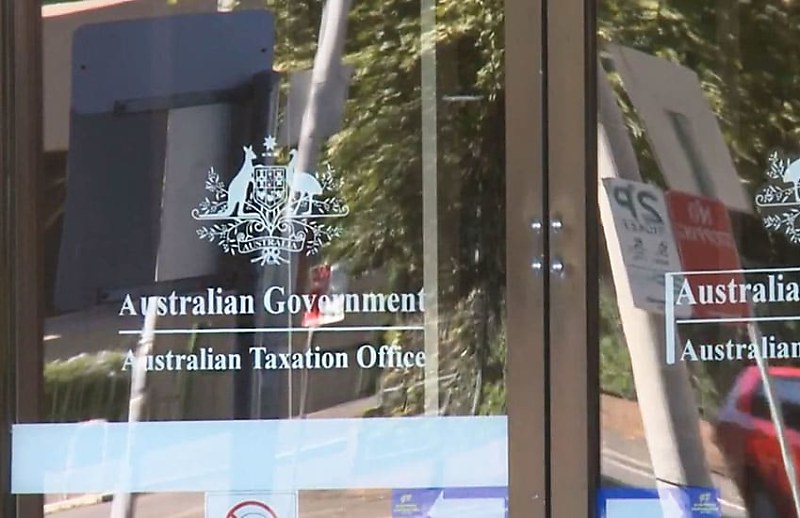ATO monitoring advice fee deductions, FAAA cautions
TaxAdvisers and accountants should adopt a common-sense approach towards claiming tax deductions for financial advice, with the ATO asking questions about deductions in some instances, says the FAAA.

The Financial Advice Association Australia (FAAA) has stressed the importance of ensuring that any deductions claimed for advice fees are for advice that is genuinely tax-related or linked to assessable income. It also highlighted the importance of maintaining adequate records in case the ATO reviews these deductions later on.
Last month, the major accounting bodies and the FAAA released a guide for the financial planning and accounting communities containing practical guidance about claiming a tax deduction for financial advice fees.
The guide followed the release of the ATO’s tax determination, TD 2024/7, in September last year, which set out the ATO’s views on when an individual may be entitled to a deduction under section 8-1 or 25-5 of the ITAA for fees paid for financial advice.
Speaking in a recent FAAA webinar, Tangelo Advice Consulting director Conard Travers said active engagement between the financial adviser and the accountant is critical in relation to tax deductions for financial advice.
Travers said it’s important that financial advisers are able to explain the intent of the strategies they are advising clients on and what part of the strategy is tax-related.
“Record keeping is also really important. Ensure that the amount you’ve claimed is defendable and is genuinely tax related or linked to assessable income. Make sure you keep those records on file in case the ATO or anyone else decides to challenge it,” said Travers.
FAAA senior manager of policy and advocacy, David Barrett, said while the ATO is unlikely to scrutinise the apportionment methodology used for claiming deductions for advice fees in most cases, they may ask questions where that apportionment looks unreasonable.
Barrett said the ATO has outlined in its tax determination that if the adviser has provided the client with the basis for their apportionment, that’s enough to substantiate the claim for the tax deduction.
He said that TD 2024/7 does not indicate that the ATO will dedicate compliance resources to understanding what’s gone into the apportionment on the part of the adviser.
However, the ATO may look to apply greater scrutiny where it sees systematic abuse with these claims, he said.
“For example, if you were claiming 100 per cent of your advice fees as a deduction for every client for every piece of advice that you give, you would probably expect the Tax Office to come knocking at your door at some stage,” he said.
“So I think some common sense around this and protecting yourself is the most important part of this. If the Tax Office does come knocking, can you justify your apportionment?”
Barrett said that while there is no precise science for appointment and that it will vary from adviser to adviser, it’s important that advisers are able to explain how they apportioned the deduction.
“As long as you can put something in front of the Tax Office that justifies the number that you’ve given to the client, then I think you’re going to be okay in the event of an audit,” Barrett said.
He said that the advice association was already aware of instances where the ATO has been asking questions about deductibility in this area.
“I spoke with an adviser in the last couple of weeks whose client had been approached and whose accountant had come back to the adviser for more information,” he said.
“So I suspect [the ATO] are looking to gather more information about the level of deductibility being claimed.”
Tangelo Advice Consulting director Travers agreed that as long as the record keeping can defend how much of the advice is tax-related, the compliance risk is low.
“The ATO, from my point of view, won’t be wanting to go through SOAs, that’s why that one page summary for them will be really important,” Travers said.
Barrett said understanding what is tax financial advice and what’s not will be an important concept for both financial advisers and accountants.
“There is a lot of professional judgement in this so don’t feel intimidated that there’s not a precise number to come to,” he said.
“A lot of this is going to be based on your judgement of how much of your time or whatever basis you’re apportioning on has gone into tax financial advice versus non tax financial advice.”




